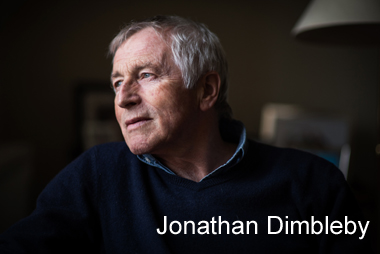 The Sibthorp Trust has published a provocative series of articles for the general public to stimulate formative debate on climate change in the post Copenhagen period by inviting a range of commentators to give their personal perspectives on where we are going and what needs to be done.
The Sibthorp Trust has published a provocative series of articles for the general public to stimulate formative debate on climate change in the post Copenhagen period by inviting a range of commentators to give their personal perspectives on where we are going and what needs to be done.
The key issues Sibthorp has asked commentators to address are as follows:
1. Was FCCC CoP 15 a failure?
- Is the Accord worth the paper it is written on?
- How crucial is the lack of a deal to ensure that global temperature rise would be limited to 2ºC?
- Are offers of substantial funding from the rich to the poorer nations helpful and deliverable?
- hat are the stumbling blocks to progress: China, USA, traditional energy interests, developing countries block, small islands states, and other interests?
- Will including forests through the REDD mechanism be successful?
2. Are new inter and intra governmental mechanisms needed?
- Is the UN machinery too cumbersome?
- Will the proposed panel system work?
- Are other regional approaches preferred?
- Is a binding Accord possible?
- Can the EU take a greater leadership role?
- Are national mechanisms, such as the UK and Scottish Acts, more likely to be successful?
3. Why is the scientific consensus not getting through?
- Why is the scientific case not getting through to the media and to the public?
- Do the sceptics have a point or are they just making mischief?
- How can the case be made more effectively?
- s the global warming data flawed, are the models inadequate, is the data deficient in certain ways?
- Are there uncertainties, which give ammunition to the sceptics? For example, is the slowing down of warming in the last few years real or is the heat being stored in less easy to detect places? Are the models insufficiently sophisticated? Are we taking sufficient account of the role of the oceans?
4. Will the technology development stumble now?
- Is the failure to reach a binding Accord likely to deter technological advance on GHG reducing technologies?
- What further stimuli are needed for technological development?
5. How should the public be mobilised to act rather than just opine?
6. What are the critical next steps?
The publication Climate change action after Copenhagen and Cancun: What Next? is available for download from here.
A series of discussion meeting is planned early in 2012.

